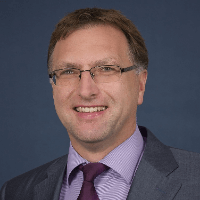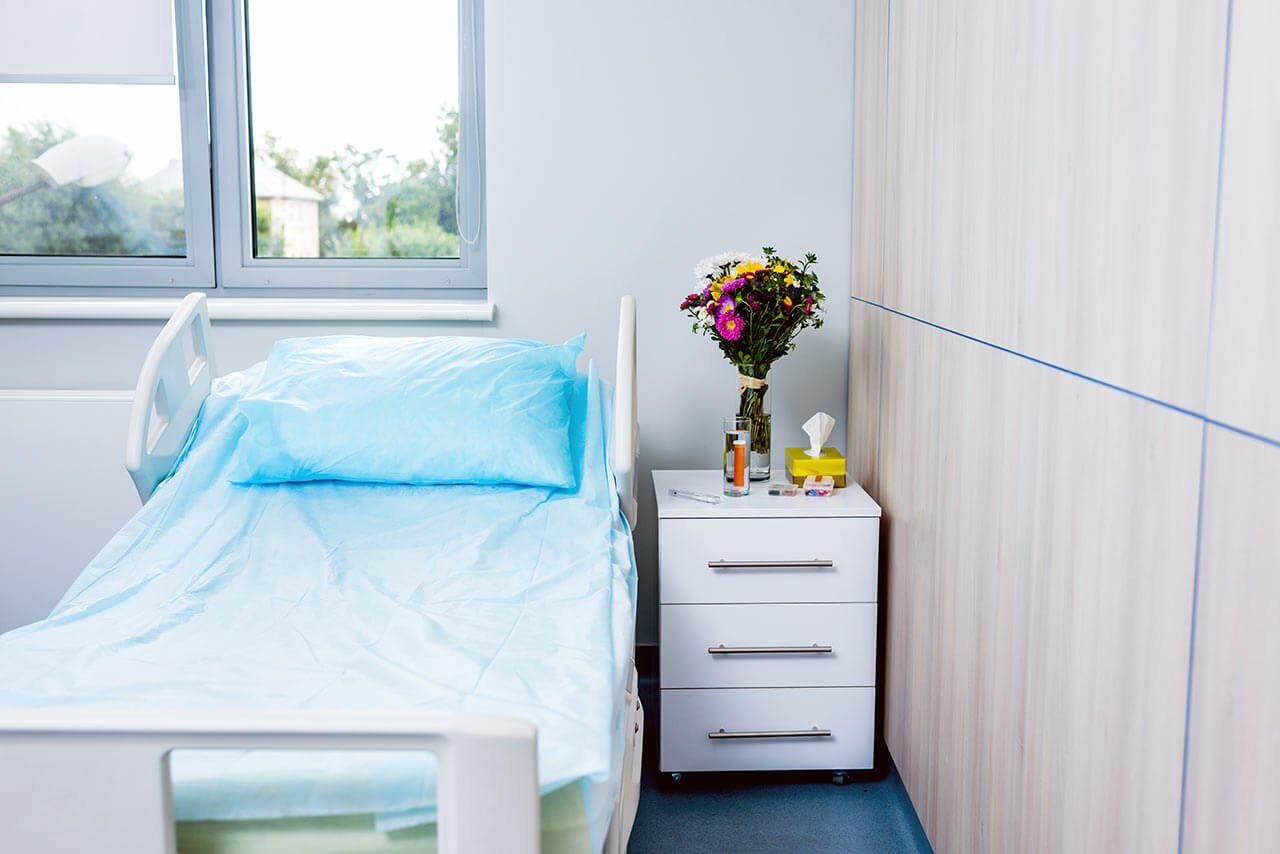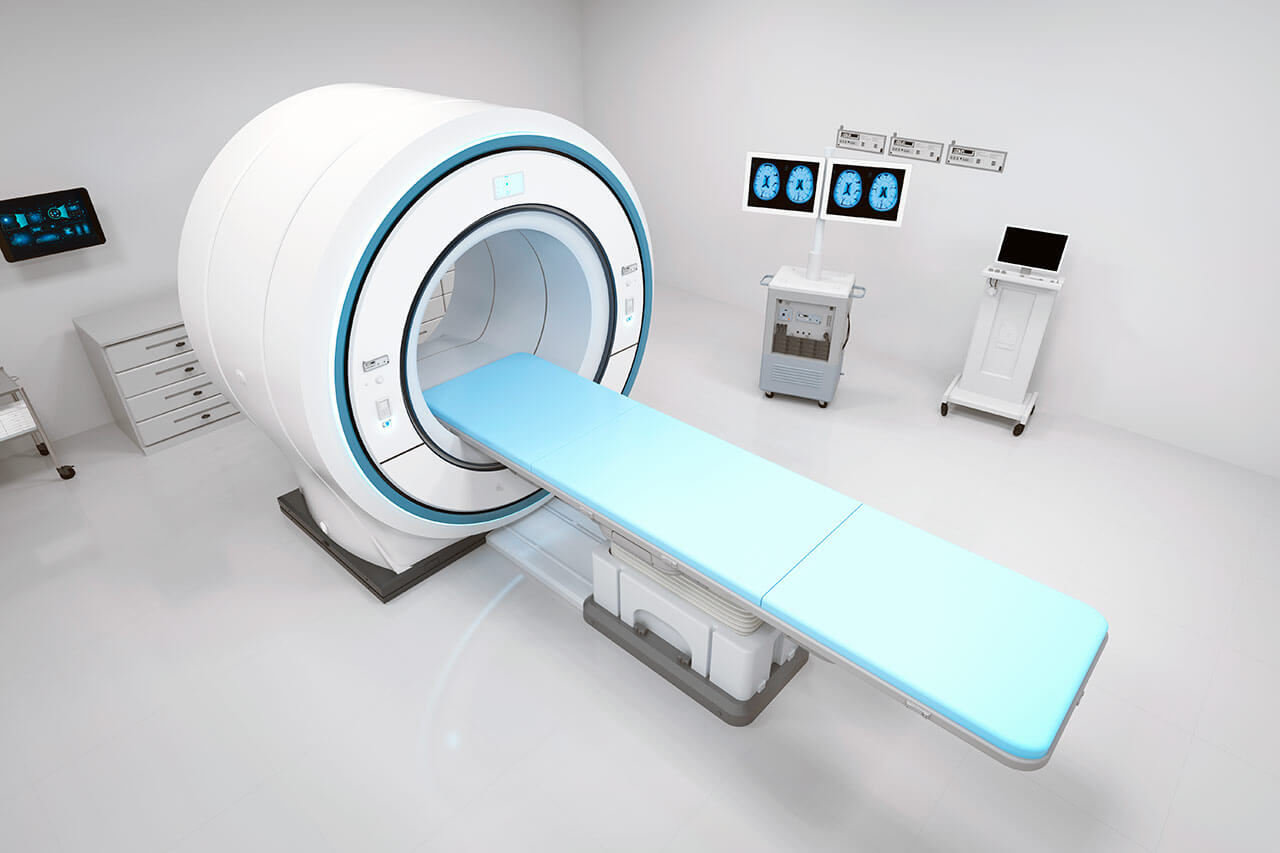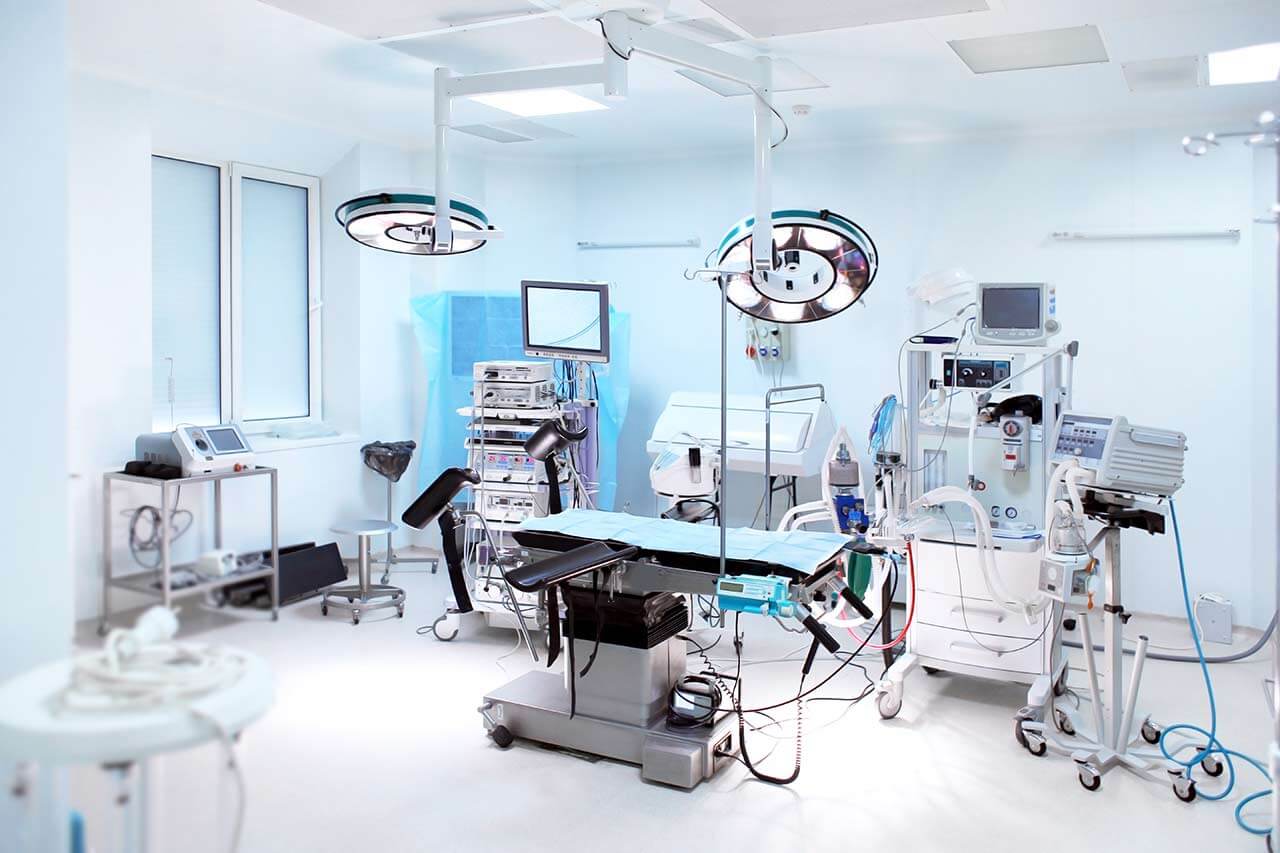
The program includes:
- Initial presentation in the clinic
- history taking
- general clinical examination
- laboratory examination:
- complete blood count
- biochemical blood analysis
- general urine analysis
- hormone test (TSH, cortisol)
- ultrasound examination
- 24-hours blood pressure measurement
- 24-hours ECG monitoring
- CT/ MRI (if clinically indicated, additional cost is 650/1200 €)
- nursing staff services
- elaboration of individual treatment plan
Required documents
- Medical records
- Results of hormone blood tests (if available)
Service
You may also book:
 BookingHealth Price from:
BookingHealth Price from:
About the department
The Department of Endocrinology, Diabetology, Metabolic Disorders and Nutritional Medicine at the University Hospital Giessen UKGM offers the full range of medical services in these fields. The department specializes in the treatment of common and rare pathologies. Thanks to the active research orientation of the department, the patients have access to clinical trials of innovative drugs and treatment techniques. Despite the advanced technical infrastructure and the availability of state-of-the-art medical equipment, the specialists focus on the person with his individual needs and wishes.The department is headed by Prof. Dr. med. Andreas Schäffler.
The department's endocrinologists treat thyroid and pituitary diseases, as well as osteoporosis. The admission of patients is carried out within the specialized centers, which specialize in a particular diagnosis. For example, the experts of the Osteoporosis Center offer the treatment of this disease using kyphoplasty and drug therapy (injection of bisphosphonates). The doctors at the Thyroid Center specialize in the treatment of goiter. The main therapeutic options include iodine monotherapy, levothyroxine therapy, radioiodine therapy and surgical treatment.
Diabetology is represented by a separate specially trained team of experts who provide comprehensive medical care for patients with type 1 and type 2 diabetes mellitus, gestational diabetes and other types of this pathology. The scope of tasks also includes the treatment of patients with severe types of the disease. The department has a school for patients with diabetes mellitus, the task of which is to train patients how to lead a new lifestyle. The patients are offered lectures on proper nutrition, exercise, insulin therapy, the use of insulin pumps, hypoglycemia prevention and many other subjects. The spectrum is complemented by diabetic foot treatment.
The main clinical focuses of the department include:
- Diagnostics and treatment of endocrine diseases
- Thyroid diseases (focus on goiter)
- Pituitary diseases
- Osteoporosis
- Diagnostics and treatment of all types of diabetes mellitus
- Outpatient diagnostics and treatment of all types of diabetes mellitus
- Regular monitoring of patients with diabetes mellitus in accordance with the recommendations of the German Diabetes Association
- Prescription and monitoring of insulin therapy
- Treatment of acute and chronic metabolic disorders
- Diagnostics and treatment of complications caused by diabetes mellitus
- Qualified ultrasound examination
- Training for patients with diabetes mellitus on all therapeutic issues and disease control (in groups and individually)
- Insulin pump therapy
- Continuous, subcutaneous measurement of blood glucose up to five days
- Diabetic foot treatment
- Diagnostics and treatment of metabolic disorders
- Diagnostics and treatment of obesity (nutrition medicine)
- Other diagnostic and therapeutic services
Photo of the doctor: (c) UKGM - Universitätsklinikum Gießen und Marburg GmbH
About hospital
The University Hospital Giessen UKGM positions itself as an ultramodern medical facility with outstanding quality of medical care. The hospital presents almost all areas of medicine, ranging from ophthalmology to traumatology and dentistry. The priorities of the hospital’s activities include surgery, neurosurgery, oncology, nephrology with kidney transplantation and pediatric medicine.
The hospital is the third largest in Germany. Every year, more than 436,000 patients are treated in two locations of the hospital (Giessen and Marburg): 342,000 outpatients and 94,000 inpatients. The medical facility is the first privatized university hospital in the country.
The hospital staff is engaged not only in clinical practice, but also in research activities on the basis of the Faculty of Medicine at Justus Liebig University Giessen and Philipps University of Marburg, which contributes to a significant contribution to the development of modern medicine. During the many years of productive work on the development of new diagnostic and treatment methods, the hospital’s doctors managed to make many significant discoveries.
The hospital enjoys an excellent reputation in Germany and far beyond its borders. It managed to gain such credibility thanks to the high competence of doctors, advanced equipment, high-quality medical service and care.
Photo: (c) depositphotos
Accommodation in hospital
Patients rooms
The patients of the University Hospital Giessen UKGM live in comfortable rooms made in a modern design and light colors. Each room has an ensuite bathroom with shower and toilet. The standard room furnishing includes an automatically adjustable bed, a bedside table, a wardrobe, a table and chairs for receiving visitors, a TV, a telephone.
Meals and Menus
The patients of the hospital are offered balanced, healthy three meals a day: buffet breakfast, lunch and dinner. The private kitchen, certified according to DIN EN ISO 9001:2000, is responsible for providing patients with food and drinks.
If for some reason you do not eat all foods, you will be offered an individual menu. The hospital also has a cafeteria with a large assortment of hot and cold drinks, snacks and desserts.
Further details
Standard rooms include:
Television
All patient rooms are equipped with TV sets. If you have some questions, please contact medical personnel.
Religion
Religious services can be provided upon request.
Accompanying person
During an inpatient program, an accompanying person can stay with you in a patient room or in a hotel of your choice.
Hotel
During the outpatient program, you can stay at the hotel of your choice. Our managers will help you to choose the most suitable option.




